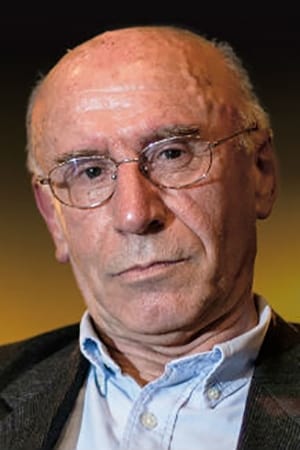
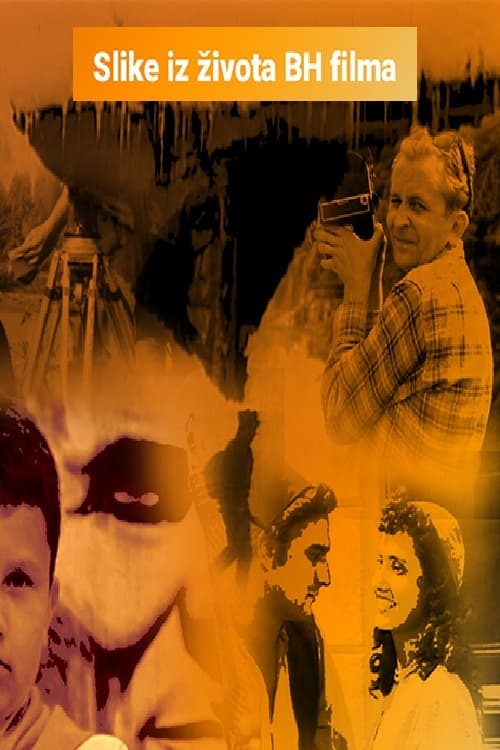
The history of Bosnian cinematography over 75 years of existence.
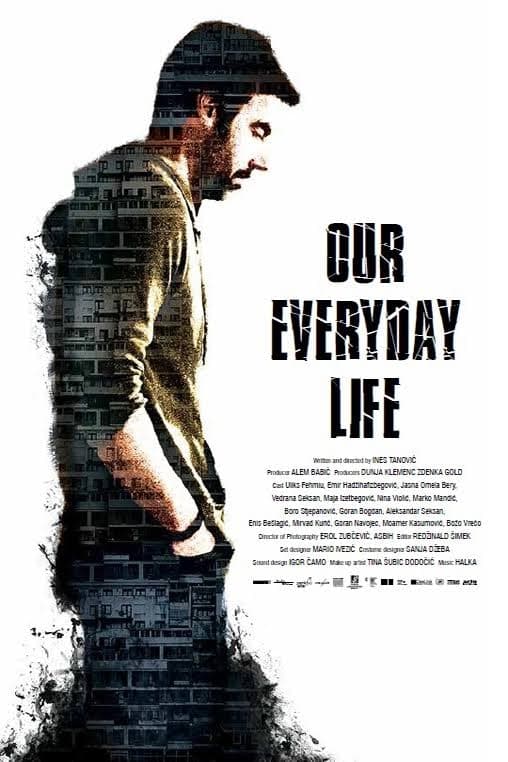
Family Susic lives everyday Bosnian story. Father Muhamed (63) is employed in a reputable company; mother Marija (60) is retired. Son Sasa (35), who spent the war in Army of Bosnia and Herzegovina, lives with his parents, while their daughter Senada (40) lives in Slovenia. Their life begins to fall apart because of father's dissatisfaction after his company is sold on the stock exchange, Sasa's negligent attitude towards work and family, Marija's breast cancer diagnose. When problems begin to line up Muhamed and Sasa realize that actually only family is important, that it is man's last oasis
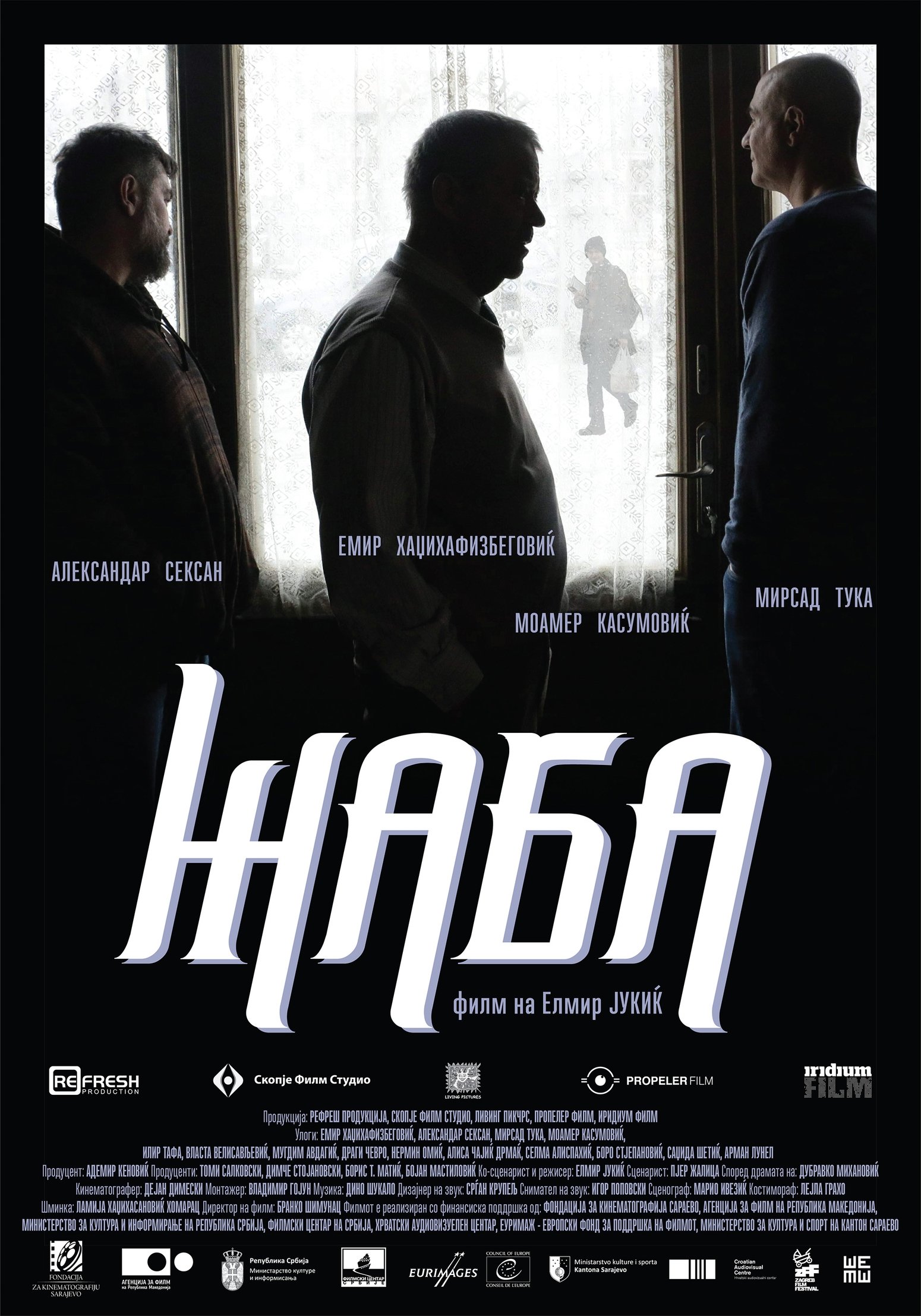
Zeko, a barber and ex-soldier suffering from Post-Traumatic Stress Disorder, invites his brother Braco and his friend Švabo to Eid festivities. He intends to take advantage of the festive mood and ask his brother, a gambler and alcoholic, to change his ways. Braco doesn’t want to listen and will not take the conversation seriously. Zeko puts a razor under his brother’s neck, forcing him to promise he will change; furious, Braco leaves, telling Zeko he will never see him again, while Švabo suggests that Zeko see a psychiatrist. Alone, without his only friend and his brother, Zeko decides to kill himself – until Muki, a young man selling books door-to-door, stops him.

People from the city, working to prepare for a new road, come to one underdeveloped Montenegrin village where they encounter the locals.
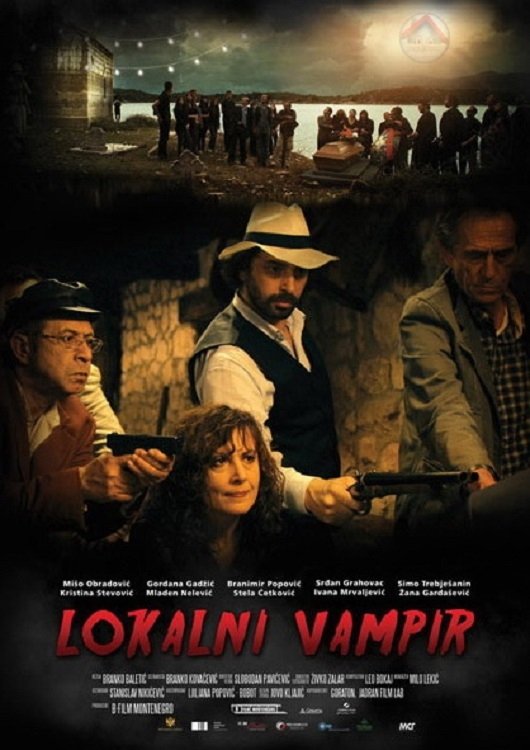
When a passive young businessman is conned and thrown into great debts, he and his mother concoct a desperate escape plan - to fake his death, stage a funeral, then hide him out in the attic. When he sneaks out to visit his girlfriend, he is spotted by the neighbors, who jump to the conclusion that he is a vampire risen from the dead. It's not long before the news of a lurking vampire attracts waves of tourists, including some mobsters who aren't completely sold on this whole vampire story.
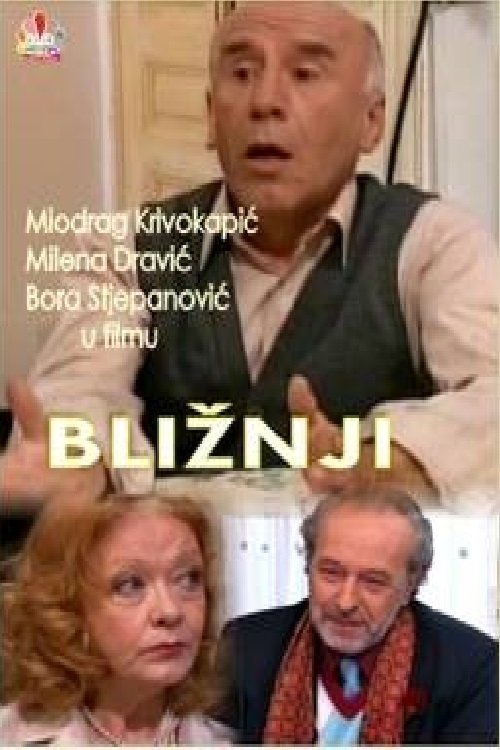
One day in the lives of the Belgrade tower’s tenants, whose destiny is never going to be same from then on.
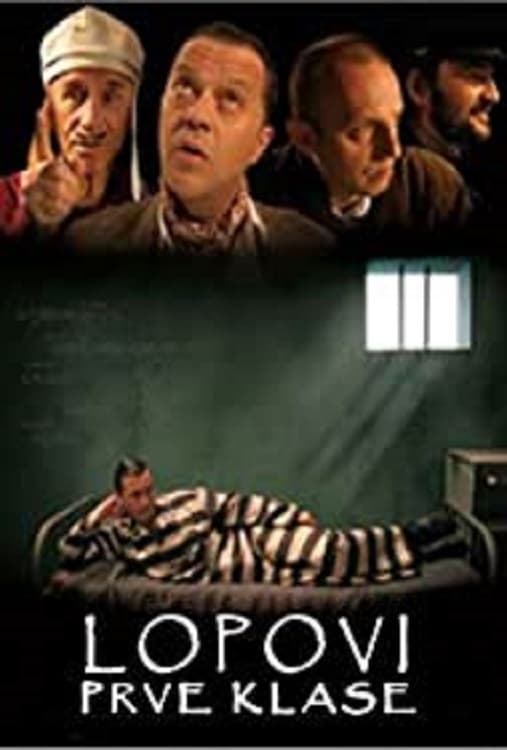
A story involving a group of traveling actors who perform at an experimental prison where the thieves have first class comforts provided to them by a reformist warden. Ironically the troupe performs a play named The State Thief, a play about thieves for thieves.
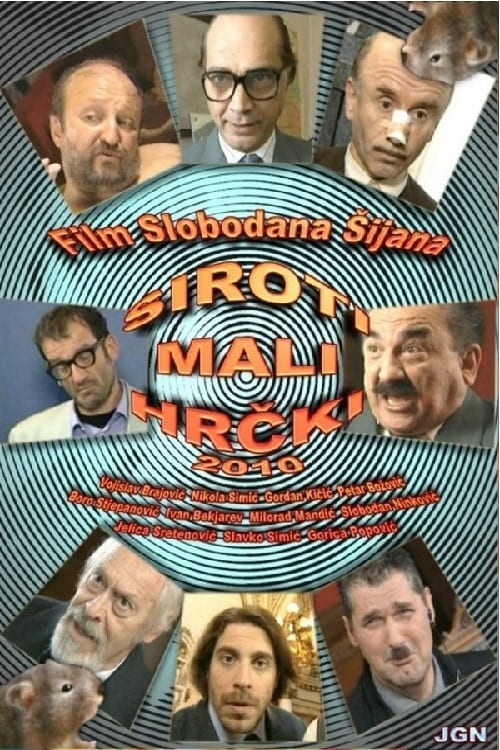
Two idle clerks who do senseless office job of punching cards, and who are not particularly fond of each other, decide to play the game "come up with the most stupid line possible" in order to break the boredom. Then they call random people over the phone and tell this line. Harmless game of theirs creates general confusion among people, which leads to anti-terrorist intervention, police interrogation, loss of state credit and the change of government. The two, of course, know nothing about the series of comic and incredible events that follow without stop.
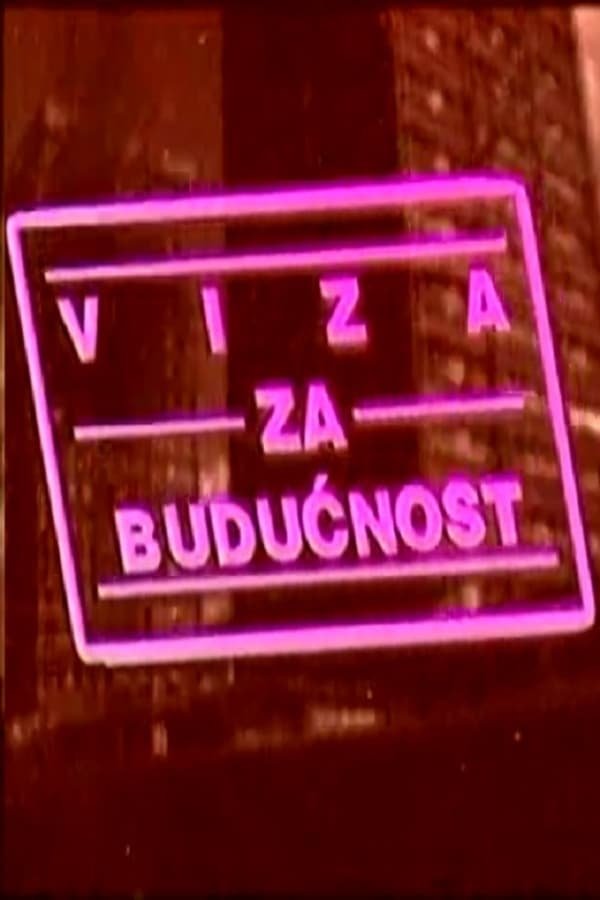
One of the first post-Independence Bosnian sitcoms. Production started on June 22, 2001 in Sarajevo, Bosnia and Herzegovina. The final episode was filmed in Sarajevo on August 25, 2008 and aired in October. It eventually became one of the region's most popular sitcoms.
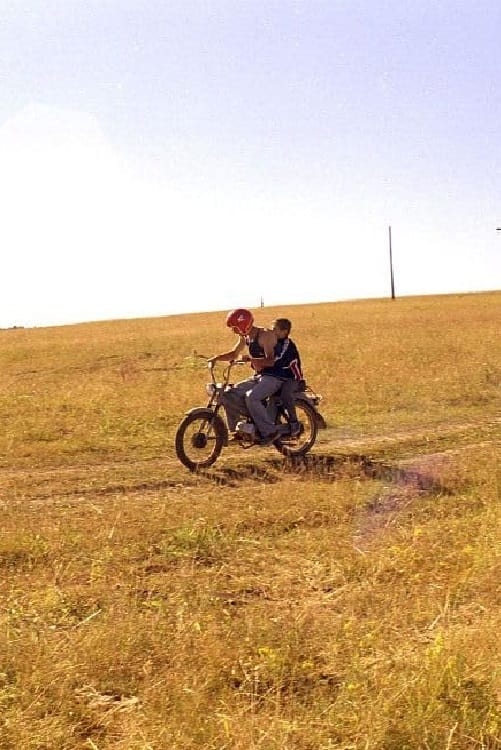
In a refugee camp in Bosnia, while a group of boys is playing ball, the one-legged Enes, accidentally breaks his crutch. His friend Ado decides to help him, as now the immobile Enes is completely dependable on others. They write a request to the United Nations asking to help them get a new crutch.
From Wikipedia, the free encyclopedia Borislav "Boro" Stjepanović born May 8, 1946 in Vareš) is a Bosnian Serb actor and director. He played in over 50 films, most notably in Sjećaš li se Dolly Bell, Ko to tamo peva, Čudo neviđeno, Miris dunja, Kuduz, Gluvi barut and First Class Thieves. Currently, he is a professor and is one of the founders of Faculty of Drama at University of Montenegro, which is located in city Cetinje. Description above from the Wikipedia article Boro Stjepanović, licensed under CC-BY-SA, full list of contributors on Wikipedia.
By browsing this website, you accept our cookies policy.